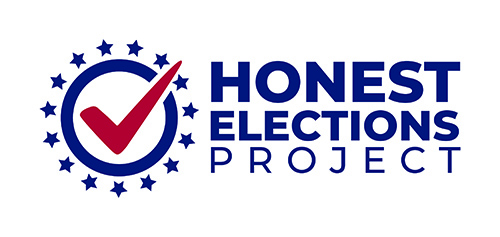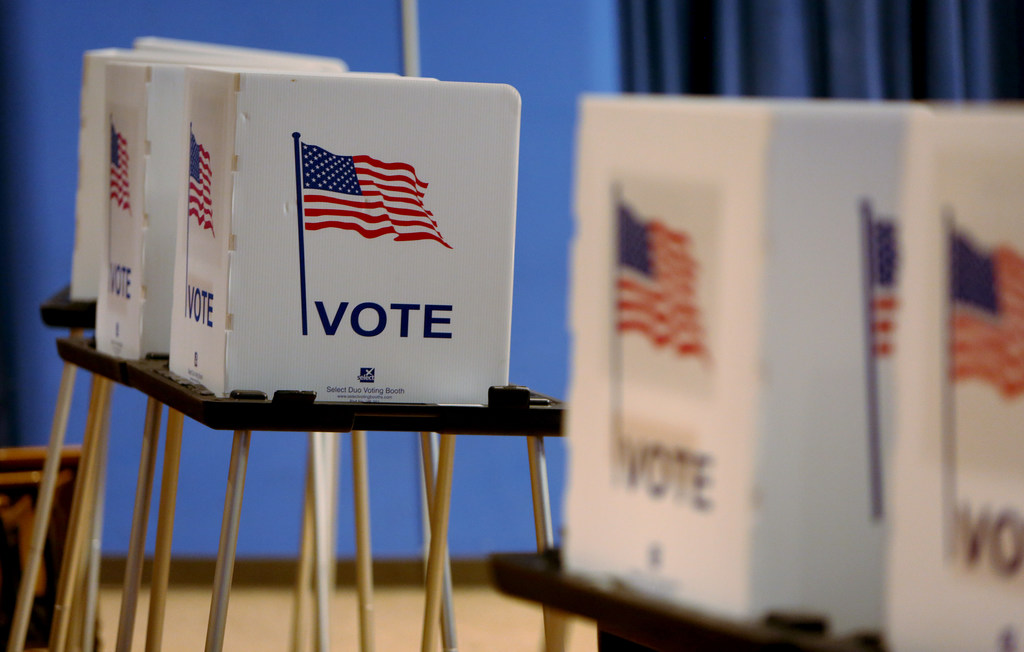The Honest Elections Project filed a brief in the United States Supreme Court, supporting the state of Arizona’s petition for the Court to take up a case challenging two common sense voting laws that were recently invalidated by the U.S. Court of Appeals for the Ninth Circuit.
Both of the two laws at issue in this case—a rule requiring in-person voters to cast ballots in assigned precincts, and a law banning “vote harvesting”—are reasonable and commonplace. Dozens of states employ similar election regulations, and a 2005 bipartisan commission co-chaired by President Jimmy Carter admonished states to curb absentee ballot fraud and abuse by banning vote harvesting. Yet the Democratic National Committee sued to invalidate them, alleging racial discrimination. Arizona won in the trial court, and that ruling was upheld by a three-judge panel in the Ninth Circuit. But Arizona lost before the full Ninth Circuit, and is now appealing to the U.S. Supreme Court.
“We must always ensure that it is easy to vote, and hard to cheat. Arizona law does just that: the state offers voters many avenues to easily cast their ballots, and protects the integrity of those ballots through common sense laws like the state’s ban on vote harvesting—which is a well-known avenue to mail-in ballot fraud and abuse,” said Jason Snead, executive director. “If the Ninth Circuit’s ruling against Arizona stands, reasonable election laws across the nation are in jeopardy. We hope the U.S. Supreme Court will agree to hear this important case.”
Click here to read the complete brief.


